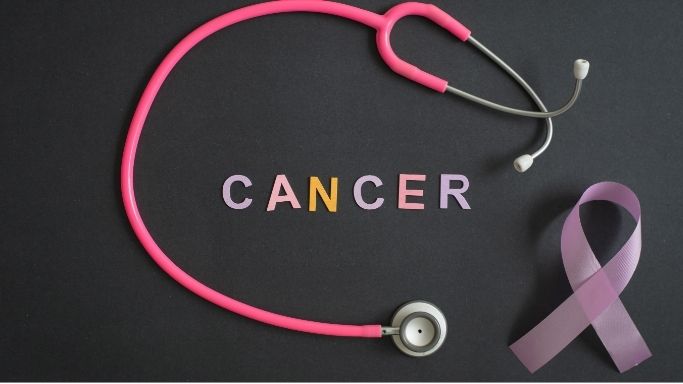Ethnicity
Neither Race nor Ethnicity Impact the Mortality of Residents of Veterans Affairs Community Living Center With COVID-19
Objectives:
COVID-19 disproportionately affected nursing home residents and people from racial and ethnic minorities in the United S...
Research On Race and Ethnicity in Hospice and Palliative Medicine
There was considerable variation in how racial and ethnic groups were portrayed, reported, and analyzed in the hospice and palliative medicine (HPM...
Positive Amyloid PET Scans Vary By Race and Ethnicity in MCI, Dementia
Mild cognitive impairment (MCI) or dementia occurred more frequently among non-Hispanic White adults compared with adults of other racial and ethni...
Disparities in Practice Patterns by Sex, Race, and Ethnicity in Patients Referred for Advanced Heart Failure Therapies
. 2022 Oct 21;S0002-9149(22)01007-4.
doi: 10.1016/j.amjcard.2022.09.015.
Online ahead of print.
...
How ethnicity affect breast cancer risk
No one is immune to breast cancer. Even men can be diagnosed with breast cancer, though the threat of the disease looms much larger for women. In f...
Association Between Smoking, Smoking Cessation, and Mortality by Race, Ethnicity, and Sex Among US Adults | Health Disparities
Key Points
Question
What are the contemporary hazards of cigarette smoking and benefits of quitting smoking by race, ethnicity, and sex a...
Trending Topics
Features
- Drive Toolkit
Download and distribute powerful vaccination QI resources for your community.
- Health Champions
Sign up now to support health equity and sustainable health outcomes in your community.
- Cancer Early Detection
MCED tests use a simple blood draw to screen for many kinds of cancer at once.
- PR
FYHN is a bridge connecting health information providers to BIPOC communities in a trusted environment.
- Medicare
Discover an honest look at our Medicare system.
- Alliance for Representative Clinical Trials
ARC was launched to create a network of community clinicians to diversify and bring clinical trials to communities of color and other communities that have been underrepresented.
- Reducing Patient Risk
The single most important purpose of our healthcare system is to reduce patient risk for an acute event.




















